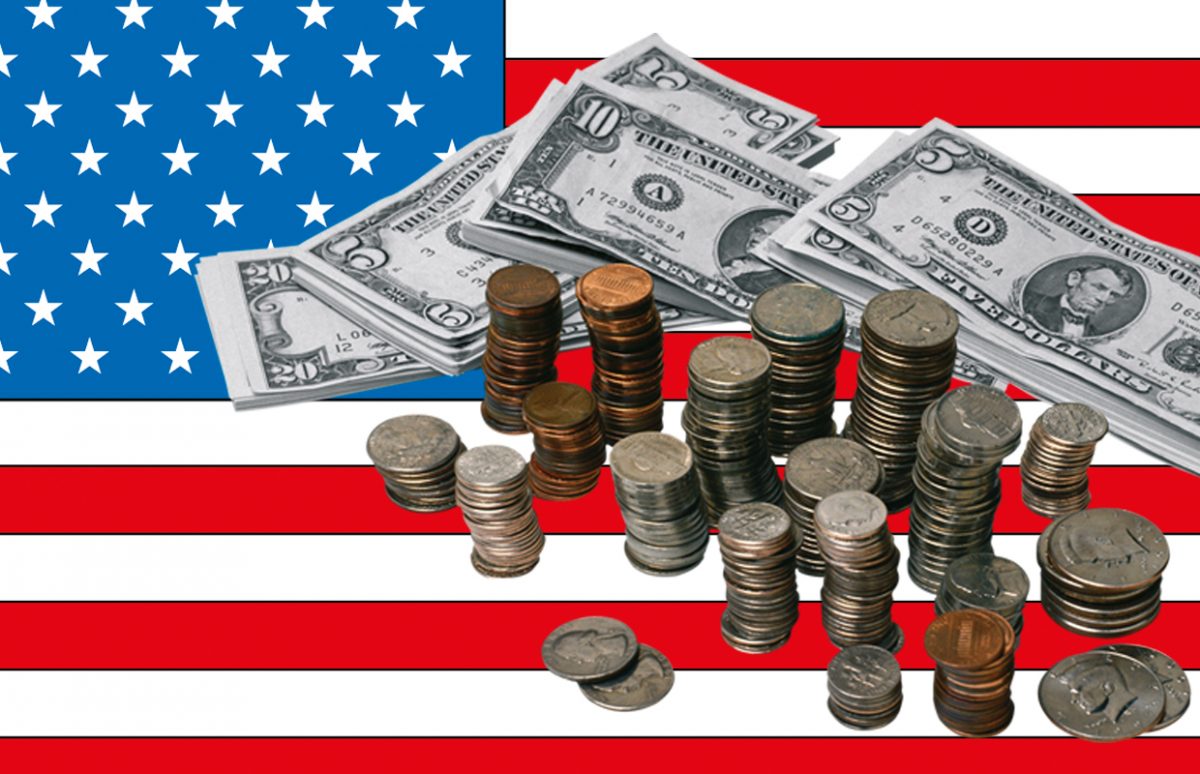How much does it cost to fund a presidential election campaign, and how do the candidates raise the money? We look at the thorny issue of election finance.
There is a long history of politics and money. Back in 1757, “founding father" George Washington won an election to the Virginia State parliament after throwing a party with lots of alcohol for potential backers. Immediately after, the legislature passed a law prohibiting candidates or anyone working on their behalf to give voters "money, meat, drink, entertainment, or provision, or any present, gift, reward or entertainment etc. in order to be elected.” Ever since, there have been a number of laws to try to solve the problem of what is effectively corruption – using money to influence election outcomes.
President Theodore Roosevelt tried to beat corruption with the 1907 Tillman Act. It prohibited corporations and banks from contributing directly to presidential or congressional campaigns. The law however was often avoided through loopholes.
PACs
So campaign finance issues are not new, but in the last ten years, huge amounts of money have been pouring into political campaigns through groups called PACs.
PACs is an acronym for Political Action Committees, which are coalitions of supporters of particular political causes or candidates. PACs can contribute limited amounts of money directly to political parties or candidates.
The first PAC was formed in 1944 by trade unionists. PACs grew in power until the early 70s when the government tried to regulate them.
In 2010 the game changed dramatically. A case brought to the Supreme Court by Citizens United, “an organisation dedicated to restoring our government to citizens' control”, challenged the ban on corporate election spending. Citizens United based their argument on the right to free speech in the First Amendment to the U.S. Constitution. The Supreme Court ruled 5-4 in their favour.
Though PACs must remain independent of the actual campaign and they are required to disclose their donors, they are allowed to raise unlimited amounts of money to overtly advocate for or against political candidates.
Record Spending
Spending isn't only for the official campaign, but also for the primaries.
The Federal Election Commission, which oversees the organisation of elections, estimates spending on the 2012 elections (Presidential and Congressional) at $7 billion. Of which, about $3.2 billion was spending by candidates,$2 billion by parties, and more than $2.1 billion by PACs and Super PACs.
The 2016 campaigns have already seen the most amount of money raised ever. The Washington Post reported as early as August 2015 that Big Money is dominating the race: “Never before has so much money been donated by so few people,” with $272.5 million given to independent groups supporting the various Republicans.
Hillary Clinton has promised to try to overturn the Citizens United decision, however, she has accepted the assistance of a PAC.
The vast amounts of money that are becoming necessary to run a presidential campaign are becoming a big problem for both the candidates and the American public. The public sees the groups donating as influencing the administration elected to office.
As the campaign finance debate continues to rage even the Republicans are beginning to see the point of reform, but as Supreme Court Justices John Paul Stevens and Sandra Day O’Connor wrote in their 2003 decision to uphold the ban on unlimited donations, “Money, like water, will always find an outlet.”
Spending Money





